Acts 4:8-12; Ps. 118:1, 8-9, 21-23, 26,28-29; 1 Jn. 3:1-2; Jn. 10:11-18
The good shepherd is Jesus Christ who laid down his life for us his sheep “by which we are to be saved.” The Catholic Church proclaims the primacy of Peter for the one Holy, Catholic and Apostolic church given to us by Jesus as the cornerstone of our faith. Jesus the good shepherd is the one under who our salvation is to be revealed to be like him, that is to be holy, catholic and apostolic as shepherds of our flock. We pray in faith “Jesus, I trust in you”. We are also given God’s grace to be like him as shepherds of the flock he has trusted us to lead. Will we stand with the courage to give of ourselves for our flock or will we be like the hired man who sees the danger of the “wolf” in today’s cultural war coming to attack and runs away, that is runs away with no ownership except for their own survival.
In the reading from Acts, “Peter, filled with the Holy Spirit” declares Jesus the Nazorean is the only name that brings us salvation. What about the souls who have not received the name of Jesus as their Lord and savior? Jesus lets us know he has “other sheep that do not belong to this fold” who will hear his voice and be of the one flock under the one shepherd. Jesus came to his own, that is “all the people of Israel” yet his voice was received by Jew and by the other sheep, the Gentile alike who were converted and came to believe in the Son of God. His voice was to spread to the ends of the world to bring all to salvation. Do we have any ownership to witness to these sheep, the unchurched and bring them into the flock? God places others in our path, like today’s modern day “none” who claim no religious affiliation with an opportunity to share the gospel message of salvation as Catholics.
In the history of the world there is repeatedly a rise of wolves promoting a “Great evil done in the name of a great good”. The crucifixion was a great evil believing it was better for one to die in the name of a greater good to preserve the Jewish customs. The Holocaust was a great evil believing it was a great good to exterminate what was proclaimed as an inferior people. We have seen the great evil of abortion done in the name of a great good defending the “right to choose” life or death of a child. The evil of the death of a child in the womb seen in the sonograms is validated by modern science to be the killing of a beating heart. That is why the number of abortions continues to decline and a greater number of the young people stand for life. As one evil slowly gets defeated there is a rise of another wolf to follow. What is the new evil to rise up?
Gender selection is the new evil promoted as a “greater good” to a child as “questioning” their identity. A child before the age of mature cognitive development is promoted gender selection as a great good supported by the rise of medication assisted treatment to promote a gender change. Once indoctrinated to choose a gender opposed to the natural law of their genetic makeup then the child is victim to a life-long process of dependency on a medical system of care to sustain the big lie against the natural law. If any voice of contradiction should rise then it becomes imperative to be silenced by the “cancel culture”, which is the return of the past great evil that crucified Jesus Christ to silence him and his followers for speaking truth to power. The power that saves! These are the wolves of our time and will we stand to defend our sheep that is the children from being scattered by these wolves.
The rise of the great evil in “cancel culture” is to promote a belief in a greater good of inclusive language by canceling what is professed to be racist speech for any opposition raised to speak up for the natural law of creation. Mandatory cultural sensitivity is the new norm for indoctrination into the accepted culture in the cultural war of the new systemic bias towards inclusivity defined as an acceptance to any identity regardless of natural law. What is lost in the argument is that systemic bias is what is driving the cancel culture against the norms, values, and morals founded on religious beliefs and liberty.
First God was taken out of schools in the dogma of separation of church and state. It opened up the doors to secular rule as the only “truth” for all the sheep to hear. Now comes a pandemic crisis calling for the closure of church gatherings as a greater good and our children to stay home not only from school but from church catechesis of the faith. We hear of reaching herd immunity to a virus that kills by eliminating potential hosts when all have been vaccinated or survived the virus. The cultural war is seeking to create herd immunity to religious values with mandatory cultural sensitivity training as the vaccine against church teaching. Promoters of great evil always believe “never let a crisis go to waste”.
Who will shepherd the faith of our children and their understanding of their creation in the image of God and the natural law of God? Will we let them come back to the church and continue their journey of faith? Are we ready to teach the faith as the domestic church at home which we are called to shepherd and protect? Are we fulfilling our baptismal vows? Questions each of us must answer and take ownership as shepherds of our flock.
Where is God, faith, and traditional values and morals in this new cultural war? God is present in his church and his church stands opposed to abortion, homosexuality, gender neutral identity, euthanasia, assisted suicide, and more thus it is an abomination to the “new imagining” and a threat to the cancel culture. It is better to take refuge in the good shepherd rejected by the builders of this cancel culture than to trust in man or the princes who lead what is being called the “new imagining”. Will the “new imagining” bring us truth, goodness, beauty and unity or a return to the original lie of the serpent “you shall be like gods” by evolving into your own creation?
We are reminded “The reason the world does not know us is that it did not know him.” The cancel culture of the world is not a new phenomenon. History proves that all the great evils done were done in the name of a great good. The world will continue to reimagine itself into the culture of bringing about great evil for the purpose of the power that comes from it as a sheep in wolves clothing. They hear not the voice of the Lord but their own voice of tyranny seeking to tear down in order to create a new world order. When will the new imagining recognize there remains a heaven and hell that cannot be reimagined at the end of this life and all these visions being imagined failed to see beyond itself to the true greater good of the kingdom of God?
The good shepherd says “I know my sheep, and mine know me.” If we don’t have that knowledge of the good shepherd then we are invited to come to the sanctuary of salvation while there is still time. “What we shall be has not yet been revealed” but it is not something we can reimagine. To be “like him” is to persevere in the sacrifice of faith, hope and love for the one true good, that is for the good shepherd. `
We are called to be one Holy, Catholic and Apostolic church. Given the Holy Spirit at baptism we have entered into the kingdom of God to be like him, holy by seeking our identity in Jesus Christ the holy one, catholic by being united into the one body of Christ and apostolic by giving testimony of our faith by the witness of our lives. Holiness is a gift of grace we seek in prayer to overcome the sin of our fallen nature. It is not something we hope for after death but something we sacrifice for as disciples of the good shepherd. We are Catholic in being united to the body of Christ when we come to receive his body and blood in the Eucharist. Apostolic when we go forth transformed as sheep into shepherds in the image of Christ to spread to good news of Easter, Jesus is alive! He lives in us and with us to spread the good news through us.
Let us listen to the voice of the shepherd and be transformed into shepherds of the gifts and blessing we have been given and let us go forth to multiply the kingdom for the true greater good of salvation.
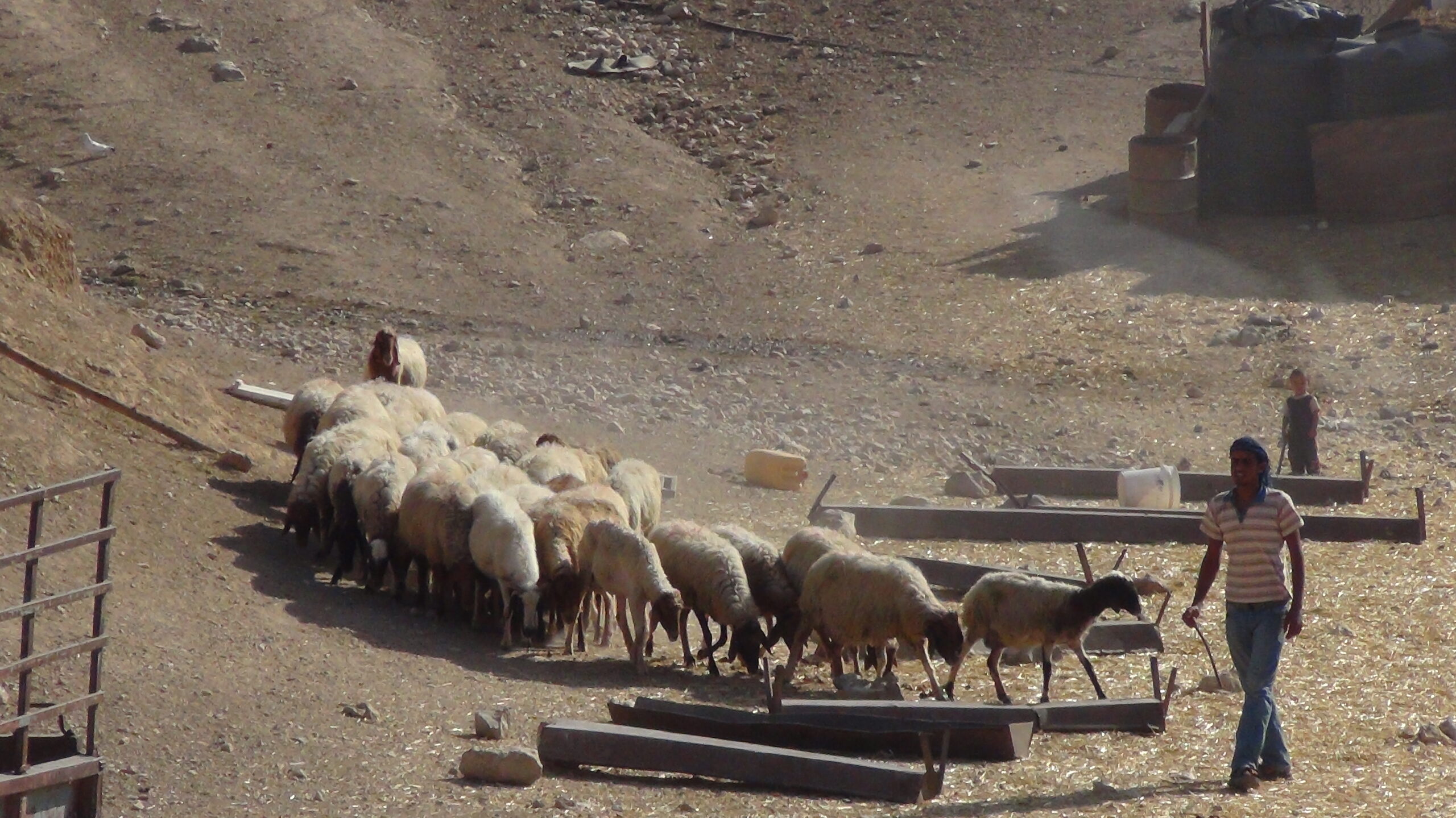




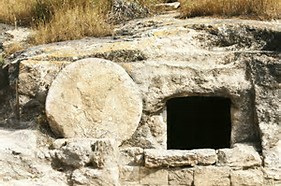

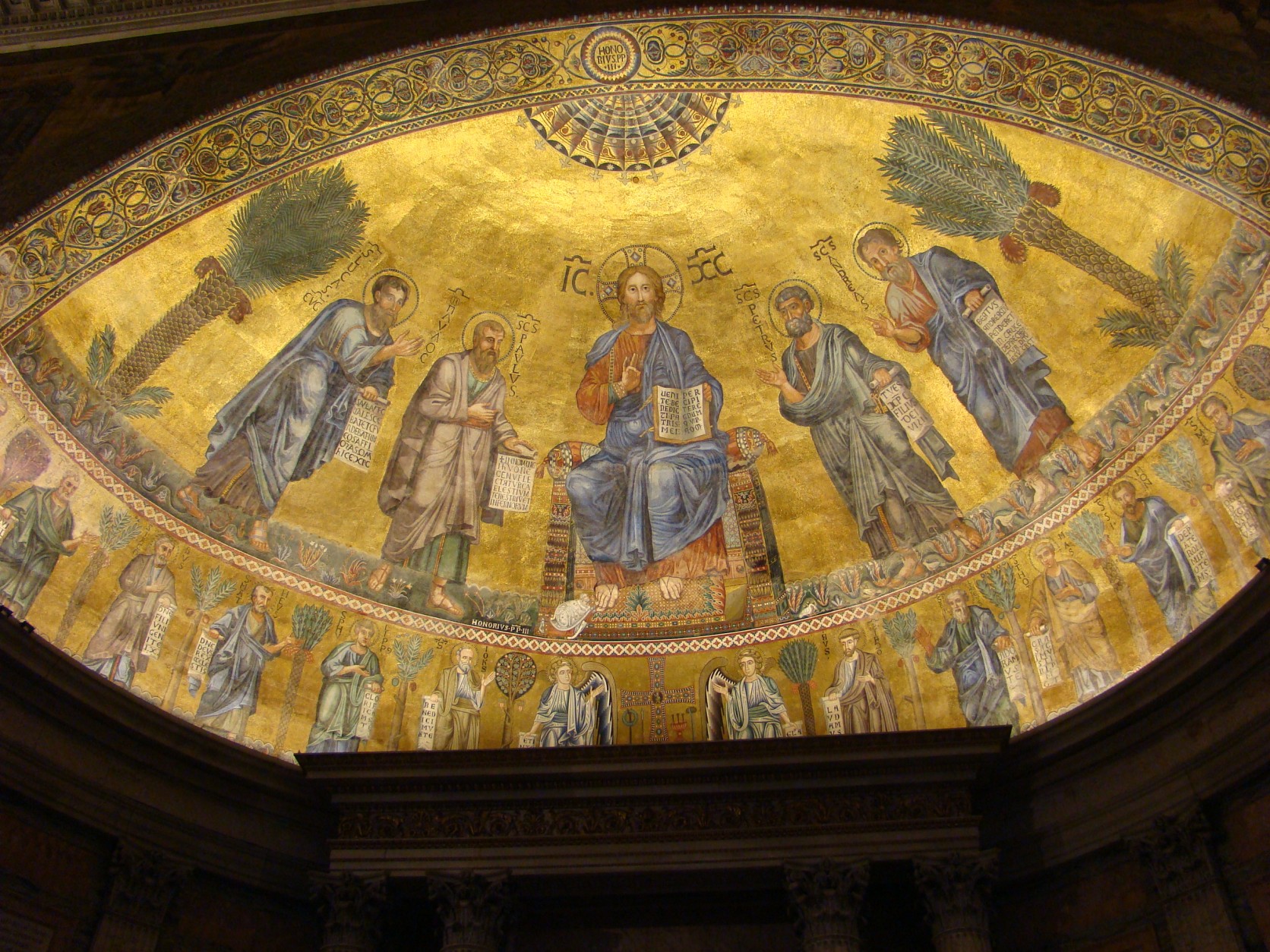

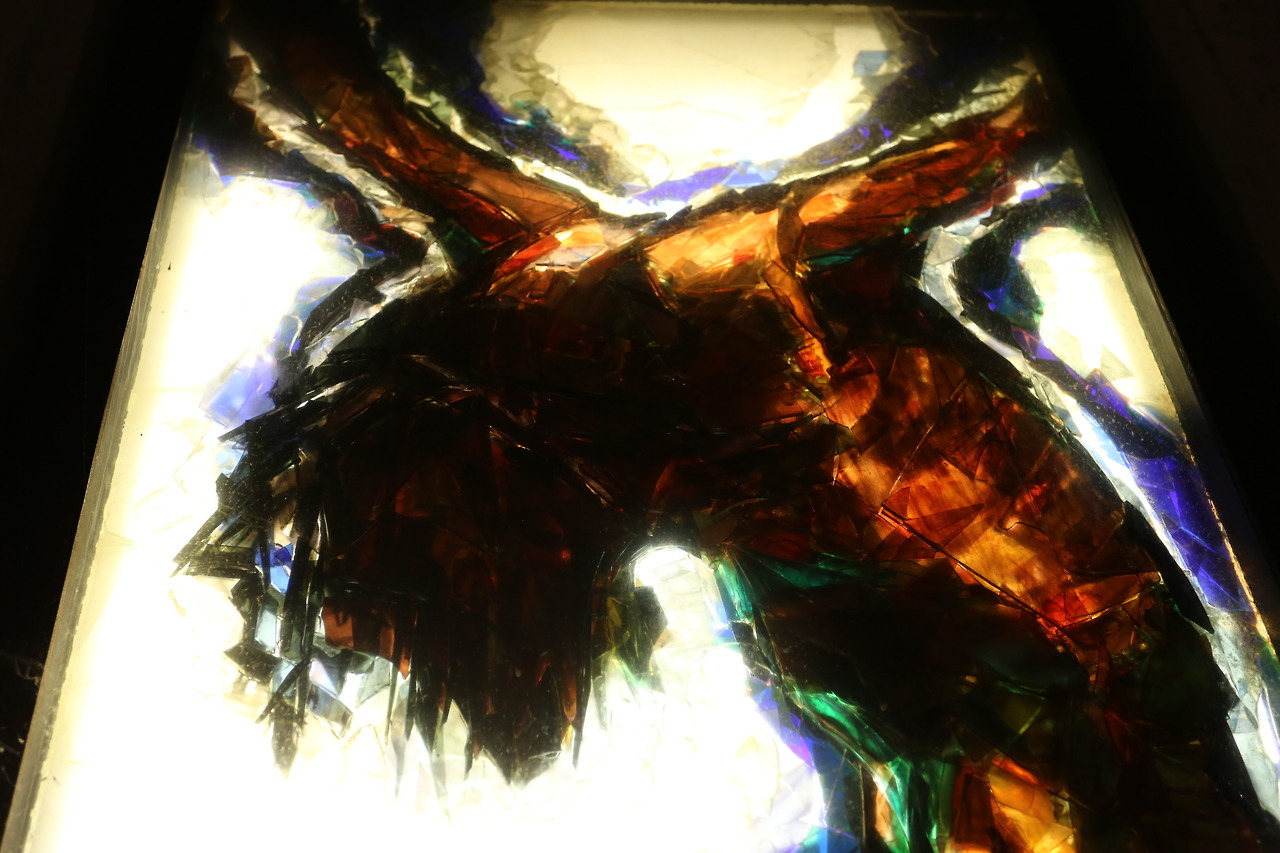


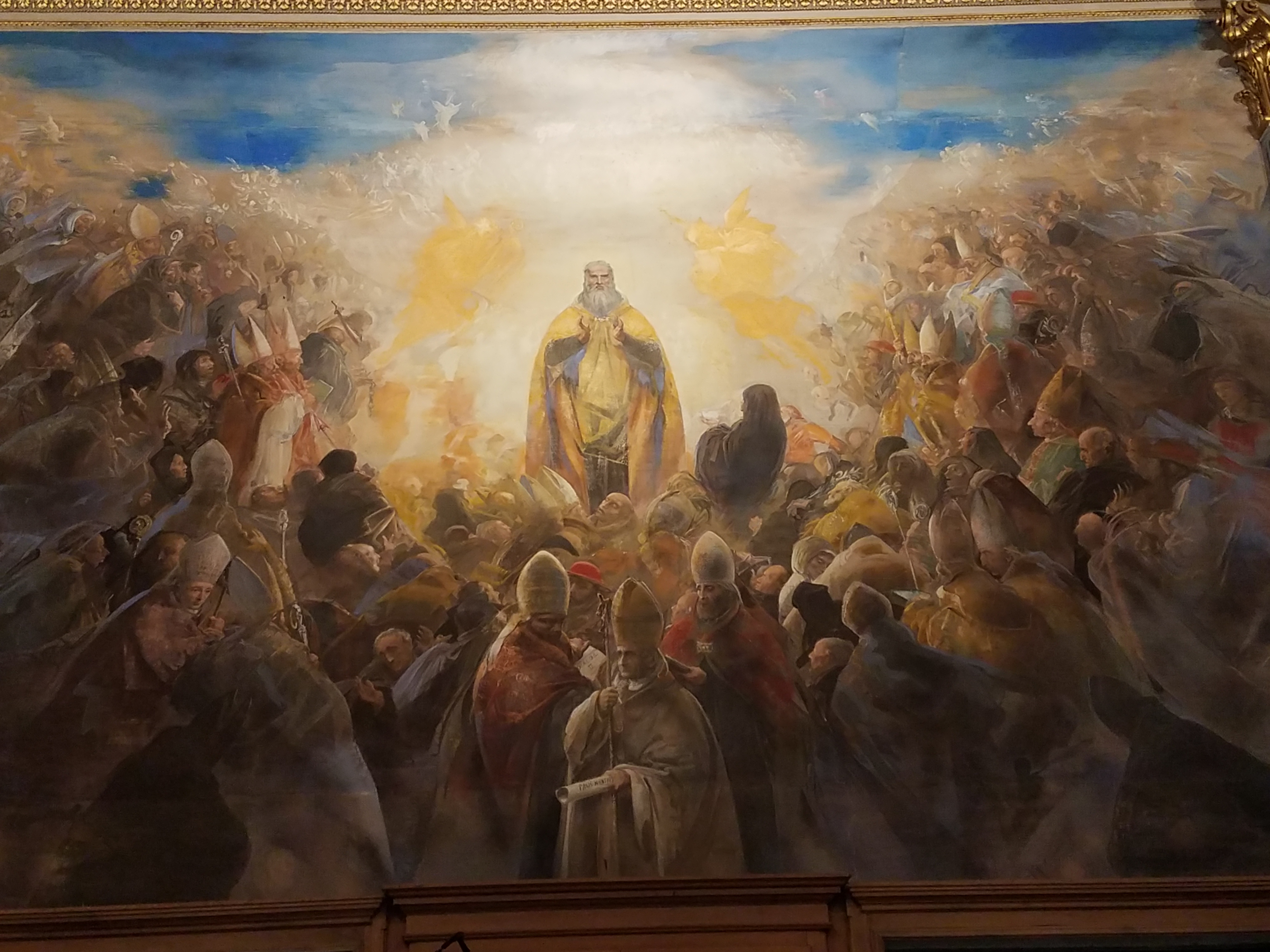

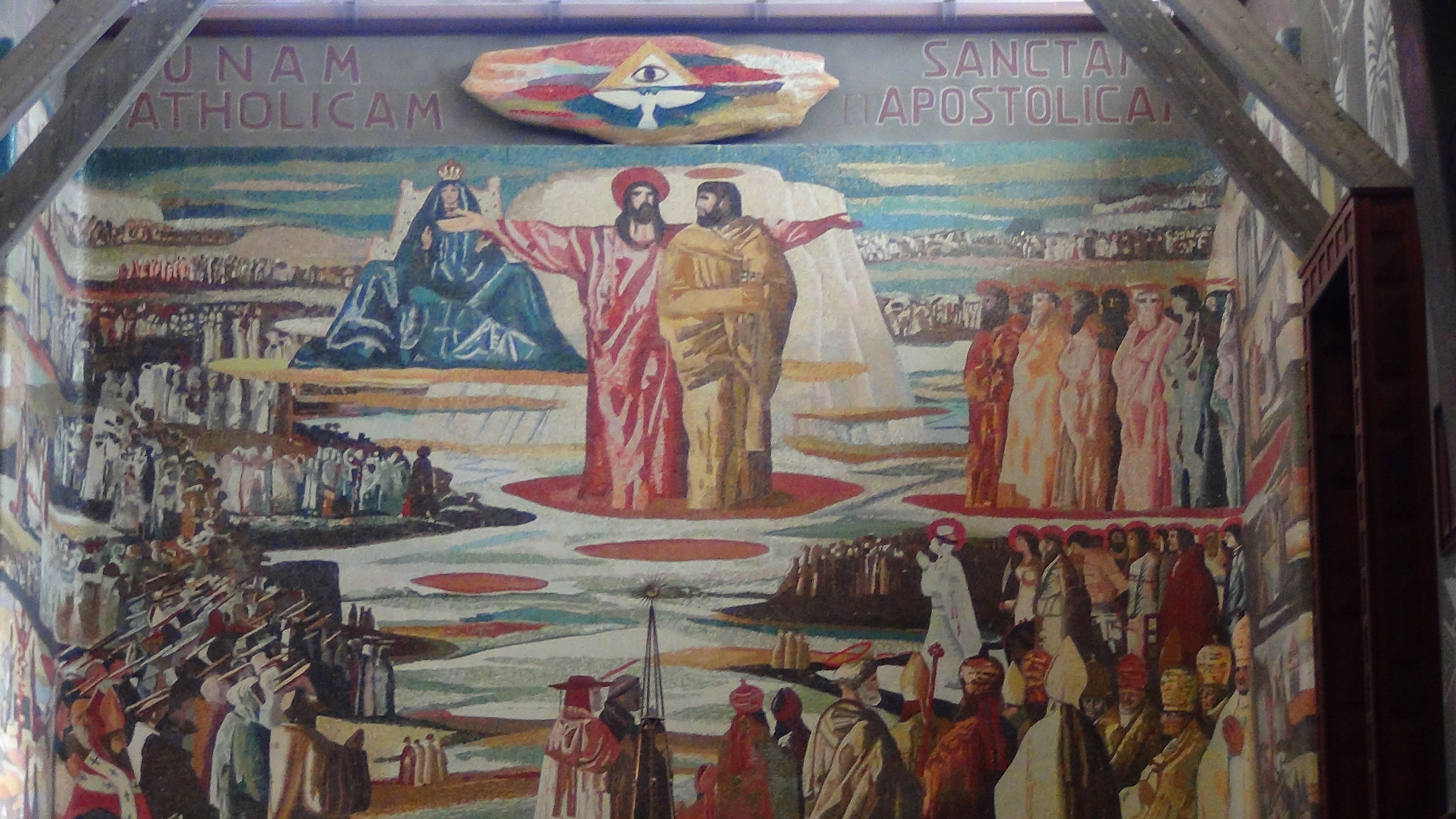

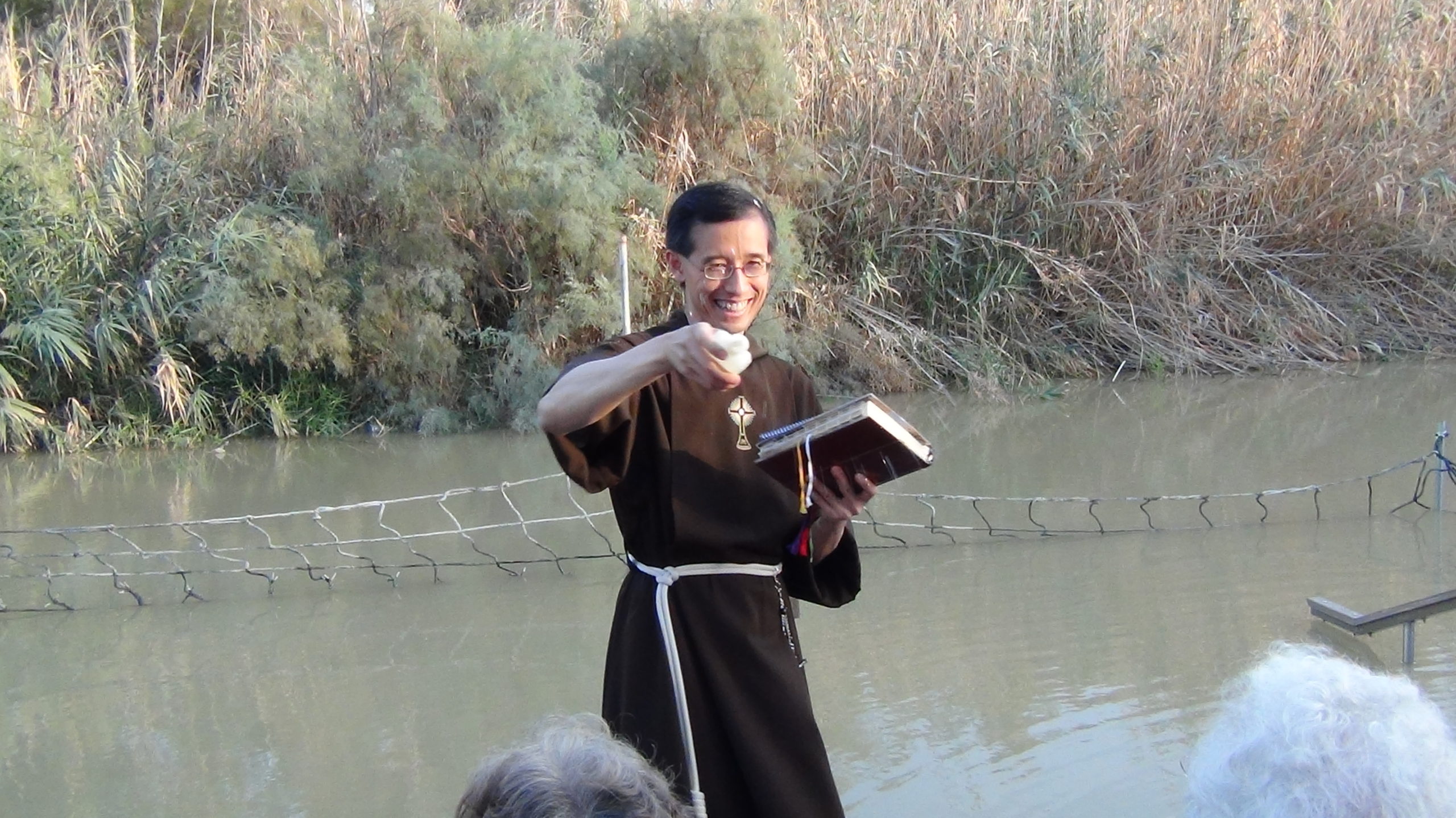
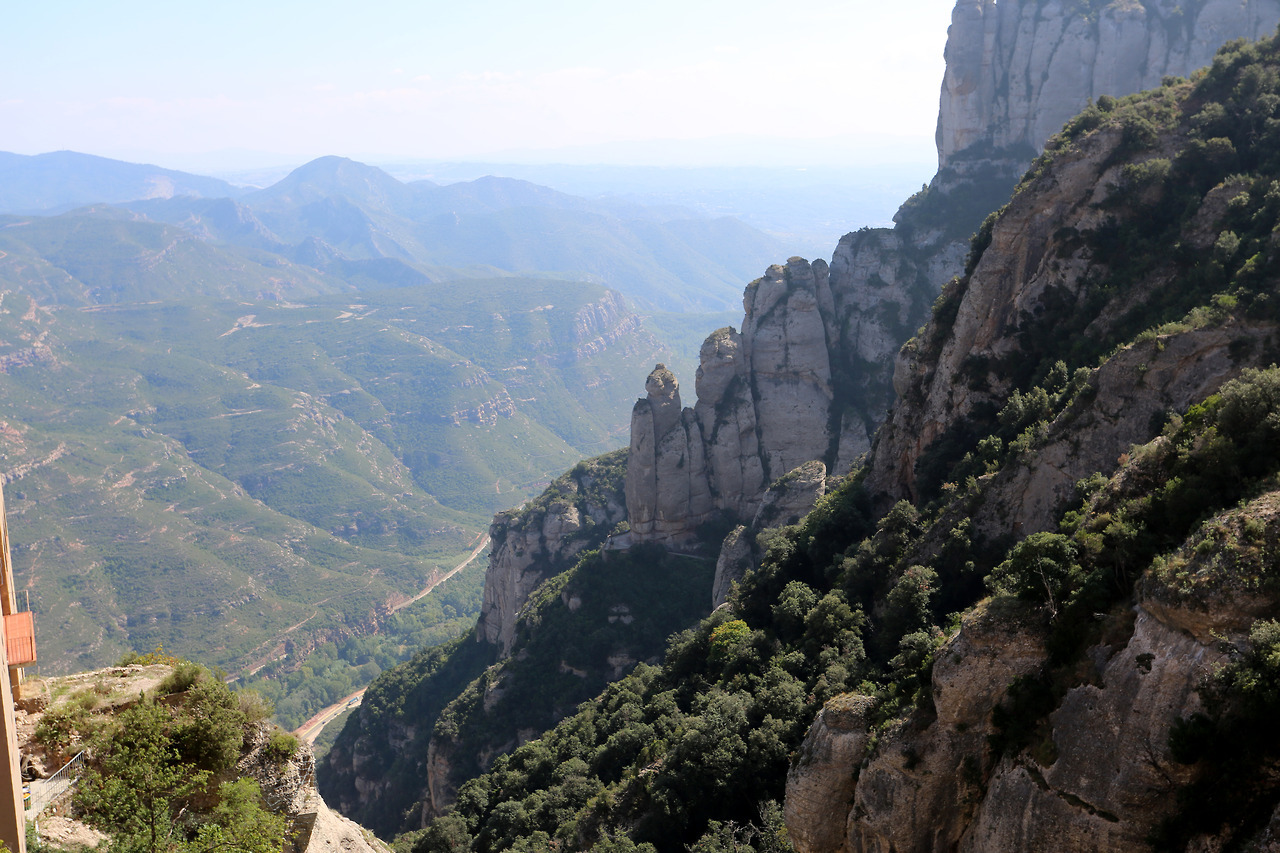

Recent Comments